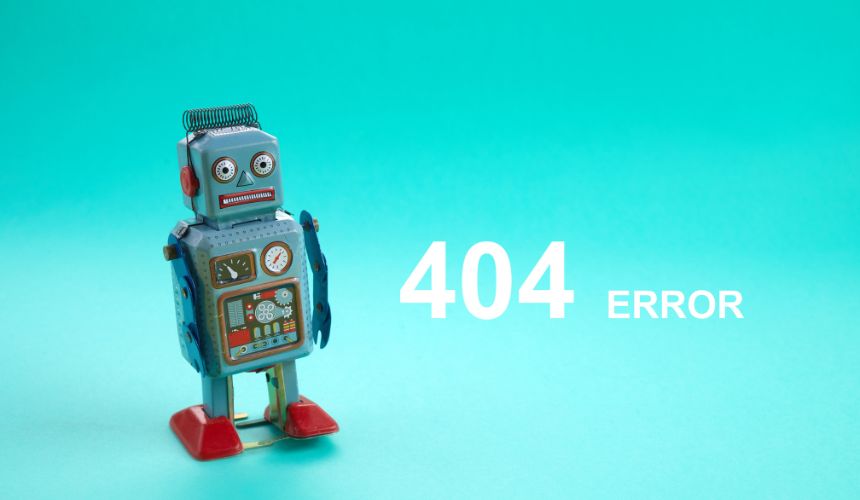Getting good visibility on search engines, leading to more natural traffic and conversions, is crucial for the success of a digital marketing strategy.
That’s why it’s important to pay attention to the elements that affect your ranking on Google. These factors are becoming more personalized to provide effective results and a positive experience for users using the search engine.
Understanding how each element works will help guide your Search Engine Optimization (SEO) strategy and position your website among the top results when users search for keywords related to your industry. This way, you’ll build a reputation as an authority in your field.
But what are these search engine criteria? In this text, we’ll give you some examples to make it easier to understand. Keep reading!
What does it mean to rank on Google?
When you do a search on Google or another search engine, the results aren’t random. Each website that appears in the search results is chosen by an algorithm that considers a series of “ranking” factors.
Ranking on Google means positioning your website among the top results in the organic search of the search engine for terms related to your business. In short, whenever a user searches for keywords associated with your brand or niche, one of your pages will be among the first results.
This happens because search results are organized based on the position a page achieves in a ranking of factors. To rank on Google, your page needs to score high in these factors, allowing it to be displayed among organic results when a user searches using a keyword related to your content.
Why is it important to care about Google ranking?
As mentioned earlier, being among the top results for terms related to your business is crucial for your digital marketing strategy because it puts your brand in the spotlight, attracting more visibility and visitors to your site.
However, achieving top results is not an easy task. On the internet, it’s common to come across promises like “Get to the 1st position on Google in X period,” usually in a much shorter time than necessary to reach such a position.
This is because, in addition to ranking factors, there’s a whole Search Engine Optimization (SEO) strategy to optimize your site for search engine ranking, along with an investment in content production to increase the authority and reliability of your brand.

How to Get a Good Google Ranking?
There are many ways to make your website better for search engines like Google. The main approach is to understand and improve the things that affect your website’s ranking.
Find out what influences Google ranking and how to use them to get your site to the top:
What factors affect Google ranking?
The factors that decide your Google ranking are crucial for determining if your site will appear in a good position in search results. Since there are over 200 criteria to decide which pages rank better, here are the main ones you shouldn’t ignore.
To boost your site’s credibility and visibility, and avoid Google penalties, pay attention to:
Page Loading Speed
One of the most significant factors for Google ranking is how quickly pages load. The maximum acceptable loading time is 2 seconds. Exceeding this limit can lead to Google penalties because it harms the user experience.
Imagine wanting to access a site and it takes too long to load. Surely, the delay makes the user lose interest and look for content elsewhere.
One simple way to improve loading speed is to reduce the size of images and GIFs on the site. Along with other SEO optimizations, this can enhance page performance.
Importance of Links
This looks at how many other sites link to yours. The more references you get from other pages in your field, the more Google sees your site as an authority with valuable content deserving higher positions. This can happen naturally or through partnerships with other businesses, relevant blogs, or related markets.
Avoid Broken Links
Stay away from broken links that lead visitors to 404 error pages, as this frustrates user experience. Many of these links on your site can result in a lower Google ranking because they hinder access to desired information.

HTML Code Errors
Issues in HTML code also frustrate users, affecting the site’s functionality and hindering search engine tracking. Therefore, programming problems can have a negative impact on site ranking.
Canonical Tags
When you have multiple pages with the same content, canonical tags tell Google which one is the main or “original.” This is vital to avoid penalties for duplicate content.
Responsiveness
More and more people are using Google on their mobile devices. In 2020 alone, there were over 234 million internet accesses through mobile devices in Brazil. Considering this, Google prefers websites that adapt, not just those with a mobile version.
Adaptable websites have a design that fits any screen or device, providing a pleasant reading experience. This also helps in faster loading.
Improving Images
Google’s search engines don’t see images like humans do; they recognize only pixels. So, it’s essential to include:
- The main theme and keyword as the file name when saving the image.
- Alternative text, description, and caption.
This way, the algorithm can understand what the image is about, enriching your page’s content, which affects Google Images ranking criteria. It also enhances accessibility for visually impaired users.
Keywords
The keyword should appear in various parts of your website, with one of the most crucial places being the title tag. The title tag is a code marker identifying the page title for search engines. Including this information tells the algorithm what the main theme of the page is, attracting user interest and clicks.
It’s even better if the keyword is at the beginning of the title tag!
The meta description acts as a way to attract users to your site. It’s crucial to include the keyword in it since the description is the preview shown in Google search results.
Header tags also need keywords. They indicate the hierarchy of your page’s content to Google and help users find information more easily. The most relevant ones include:
- The H1 tag, representing the content’s title on the page.
- The H2 and H3 tags, following the hierarchy of header tags.
To strengthen the text’s theme on the page, in addition to the keyword, you can also use synonyms and related terms.





